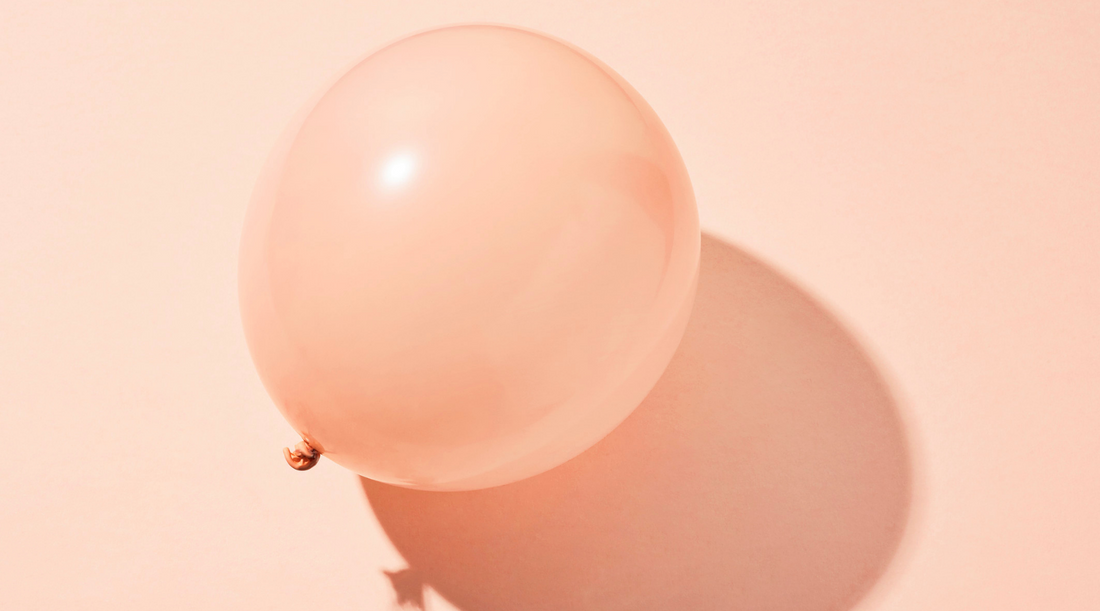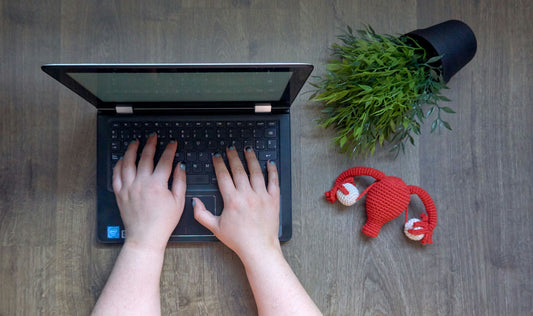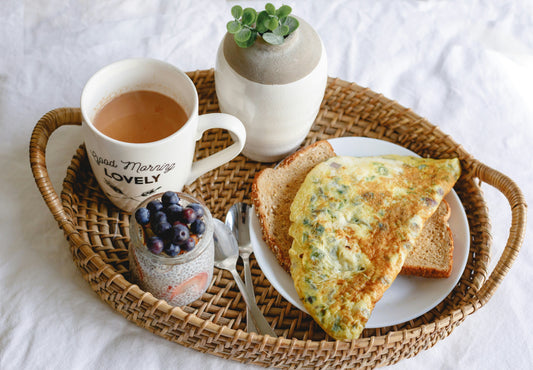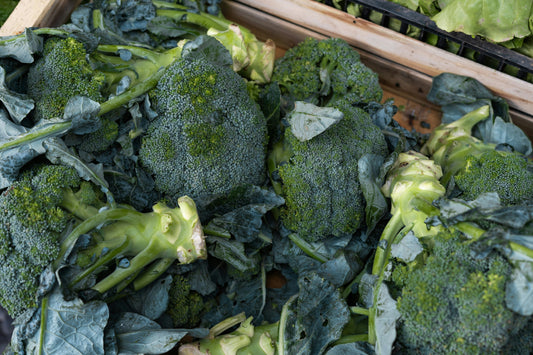Bloating is no fun for anyone. And if I asked a room full of people to put their hands up if they experience bloating, I bet that almost everyone’s hands would be raised. Bloating is an indication that something within your body is not quite right.
Food intolerances, stress, over-eating AND undereating, poor food breakdown, compromised gut bacteria, and eating too quickly are just a few of the reasons why you may experience bloating. So, what can we do about the bloat? Here are a few tips and tricks to beat the bloat.
Stop drinking water with your meals: When you drink water close to your meal or with your meal you are diluting your stomach acid, which leaves weaker acid to digest your food. Aim to keep water intake at least 30 minutes away from meal times.
Reduce stressors: When we are constantly in a state of stress (elevated cortisol), we do not produce adequate digestive enzymes or stomach acid to break down food properly, compromising digestion and resulting in the dreaded bloat. To start with, taking time to relax and take a few deep breaths before meals and reducing the amount of on-the-run eating you do can help. Taking time out to do something for you, meditation, gentle exercise, and deep belly breathing are a few effective ways to reduce stress levels and get into a more zen mode.
Up your fibre and water intake: Constipation can cause the volume of gas in the digestive tract to increase, leading to bloat. Increasing your fibre intake will assist in improving bowel motility and reducing excess gas buildup. Fibre-rich foods include whole grains, legumes, beans, apples, broccoli, nuts, and oats. However, it is important to increase fibre slowly as adding fibre into your diet too quickly can worsen bloating and cause abdominal pain. Alongside fibre, make sure to up your water intake. This will also assist in getting your bowels moving. Aim for 2 - 2.5 litres daily.
Replenish the good stuff: If the mix of bacteria in our gut is unbalanced – aka too much bad bacteria, and not enough good bacteria, digestive symptoms start to come into play. Introducing a food based source of probiotics is recommended to improve the balance of bacteria in your gut. Kimichi, sauerkraut, miso, tempeh, yoghurt, kefir and kombucha are all probiotic rich foods.
Chew your food: I know that when you are eating yummy food it is difficult to slow down and not inhale it in seconds. However, eating too fast increases your risk of bloating. This is because it takes up to 20 minutes for satiety signals to reach the brain, telling you that you are full and dampening down your appetite. When we eat in a rush not only can we overeat often resulting in bloating.
Identify any potential triggers: If you are experiencing bloating, cramping and indigestion frequently then it may be helpful to eliminate foods to understand what may be triggering this response. The low-FODMAP diet is a short-term way of eating that can be used to identify if foods containing FODMAPs are triggering gut symptoms. FODMAPS are a group of sugars that are not completely digested or absorbed in our intestines, causing gut bacteria to ferment these foods which produce gas (aka bloating). However, following this diet can be very restrictive and cause more harm than good if you are not nourishing your body correctly. Therefore, it is advised to only start a low-FODMAP diet under the guidance of a health professional to ensure you are getting the nutrients you need.
The finger is often pointed at dairy and gluten when someone mentions bloating, and are the foods I see clients remove first before coming to see me. Often with no improvement. It is safe to try the elimination of dairy or gluten-containing foods to see if this reduces your bloating but needs to be done strictly for 6-8 weeks to properly tell if these foods are a trigger.
When I work with clients bloating is caused by low stomach acid production, bacterial overgrowth or stress far more than gluten or dairy.
When your digestion is optimal, you can absorb nutrients and eliminate waste more effectively which results in increased energy levels, improved skin health, better nutrient stores, better sleep, and the list goes on. Gut health is everything.




